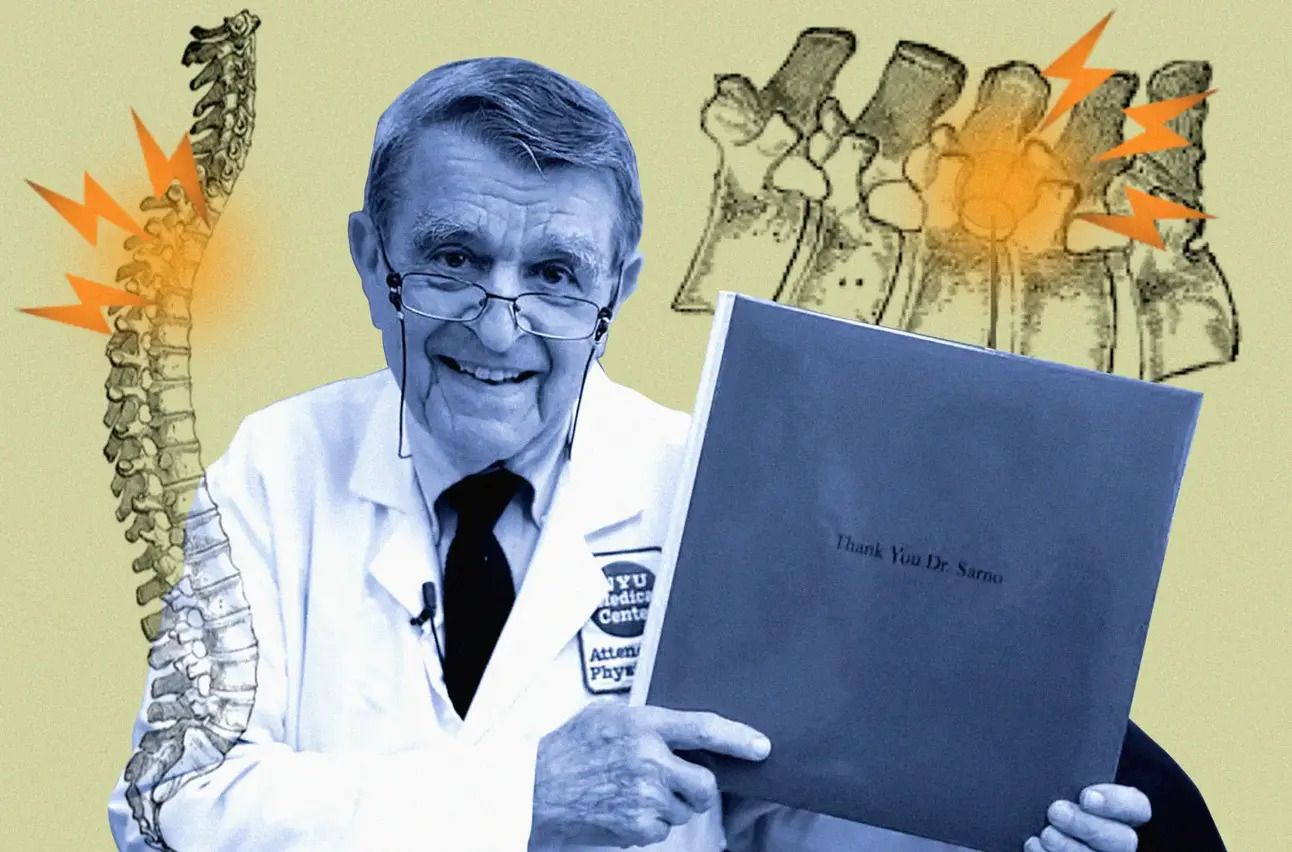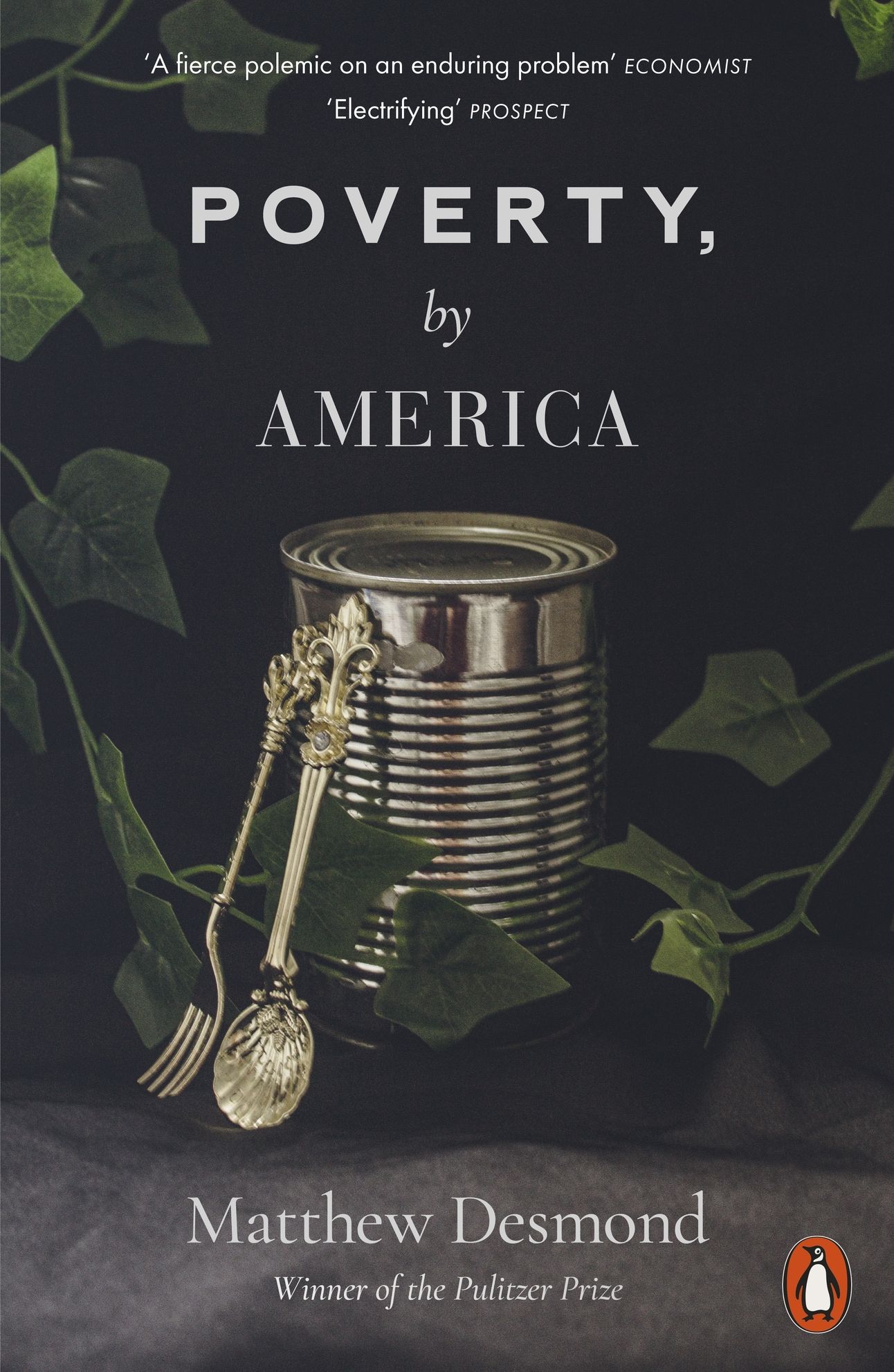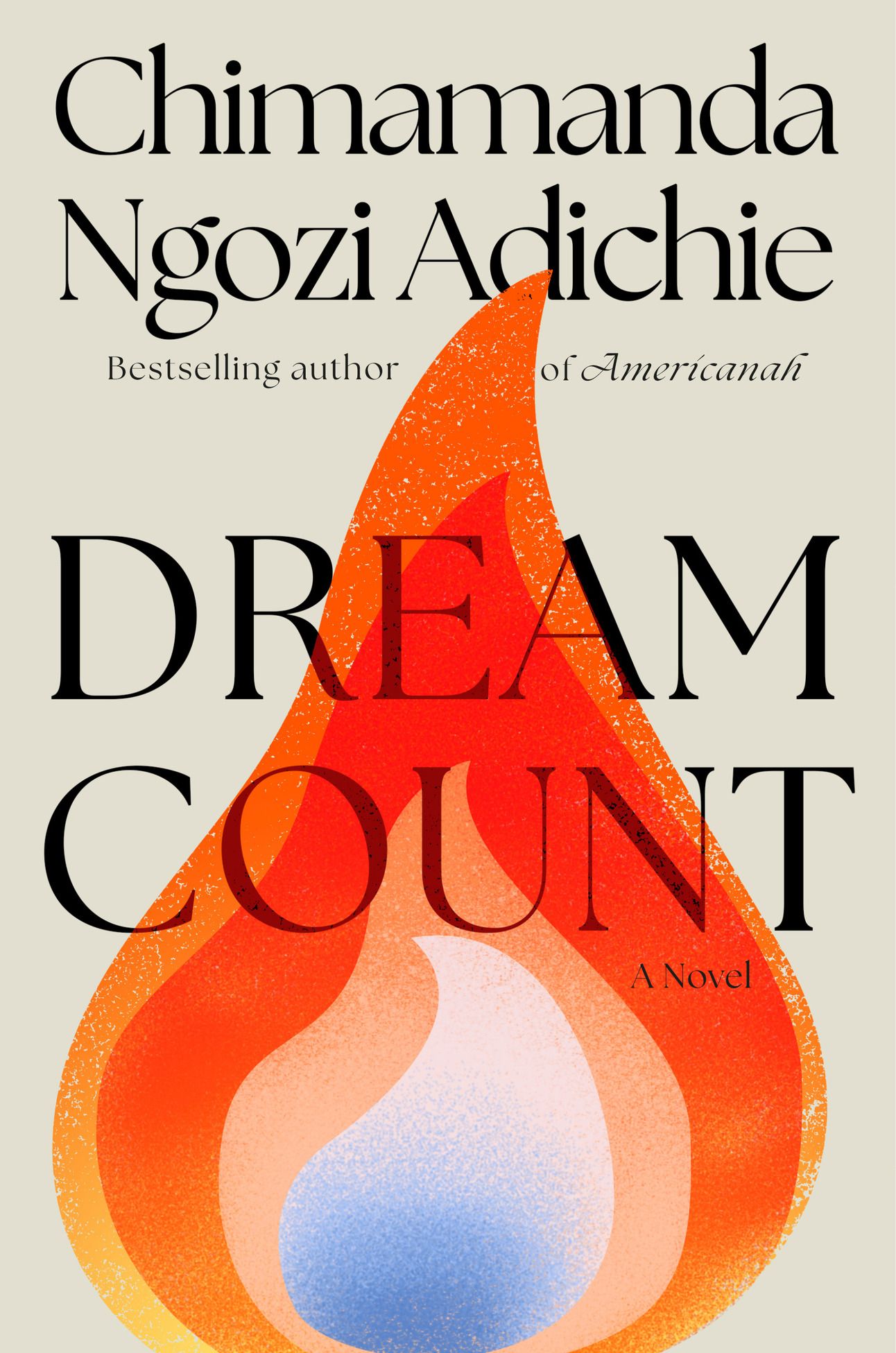- It's An Inside Job
- Posts
- What You Resist Persists
What You Resist Persists

Credit: Vox Media
I had an extraordinarily powerful experience last week in the course of two coaching sessions, one following the other.
Like so many of us, my coaching clients have been struggling the past couple of months to find equilibrium and hopefulness in a frightening, deeply disrupted world suffused with uncertainty.
My approach in coaching is to take clients inside to explore what they’re feeling, which is almost always about more than the external challenges they’re facing.
Both clients quickly alighted on physical symptoms. In one case, it was foot pain that had been given several diagnoses but persisted. For the other, it was lower back pain. For both clients, it had become a source of chronic discomfort and had severely limited their capacity to move around and exercise.
As a young man, I had a lot of experience with various kinds of pain—back pain, most of all, but also in my neck, knees, ankles, and feet. Along the way, I met a physician named John Sarno, who believed that, in all but a handful of cases, these sources of pain arise to divert us from uncomfortable emotions we’re trying to avoid. Once we become aware of the emotions, he argued, the pain quickly resolves.
I was pain-free within a couple of days after I worked with Sarno, and it has essentially never returned over the subsequent four decades. I wrote this article about my experience with Sarno and it generated a huge response. Scores of people I sent to Sarno got better where all other interventions had failed.
In recent years, as you may know if you’ve been following me, I’ve gotten deeply interested in the premise that none of us is a single self. Instead, each of us has multiple selves, including a group of defender selves—or parts—who try to protect us from experiencing difficult emotions, most especially unworthiness.
With my first coaching client last week—let’s call her Ann—I asked what her back pain might be trying to tell her, what need it might be indicating she wasn’t addressing. At first, this can feel odd to clients, but much more often than not, they discover that these parts do have something to tell them. In her case, it was that she was pushing herself too hard in her life. Staying constantly busy was a way to avoid feeling bored, unproductive, and inadequate.
For my second client—call her Frankie—we went through a similar process of discovering what her foot pain was trying to tell her. In this case, the answer she got was that her foot pain was seeking to remind her of how sick she was of trying so hard and so relentlessly to prove that she was fit, attractive, and desirable. The message she got was to relax her perfectionism, to trust her own intrinsic worthiness.
I get it if this sounds a little crazy. But here’s what happened: Over the subsequent couple of days, I got notes from both clients saying that they’d taken walks they’d long been avoiding for fear of pain. Both of them experienced only very modest discomfort. They returned home feeling empowered and hopeful—as if they’d learned something important about themselves.
Here’s my own big takeaway from these experiences: We humans are highly complex energy systems. None of the parts of that system—physical, emotional, mental—exist independently of one another. Our mind informs our body, our emotions influence our mind, and our body has its own wisdom to share. The more we allow ourselves to see and feel, the more capable we become, and the more choices we have.
The worst of whatever you feel is only part of what you feel.
The Inner Workbench:
What We're Really Trying to Avoid
The two most common ways to respond when we’re feeling overwhelmed are to push ourselves harder or to withdraw and numb out—fight or flight.
We fear that the underlying emotions we’re trying to avoid—sadness, regret, hopelessness, loneliness, uncertainty—will overwhelm us. What my two coaching clients reminded me of last week was that we’re so much more than we think we are. When we’re stuck, it’s frequently not pushing ourselves ever harder that helps, but rather letting go.
When we believe we can’t handle difficult feelings, we expend enormous energy keeping them at bay. Liberation comes when we discover that we can feel any emotion and still be okay. Feelings arise and pass, and even the most intense emotional states are temporary.
It’s not about trying to prove our value by what we do, but trusting that we can handle whatever arises without needing to control the outcome.
Think about the common ways we attempt to escape uncomfortable feelings: reaching for another drink after a stressful day, overeating, scrolling mindlessly through social media when we’re bored or anxious, working excessive hours to prove our worthiness.
These behaviors can provide temporary relief. But they rarely address the underlying discomfort, and they often leave us feeling worse in the long run.
Meanwhile, the cost of our defenses is high. They drain our energy. Liberation is discovering that we can feel difficult emotions and still be okay. It occurs when we realize that feelings arise and pass and that even the most intense emotional states are temporary.
What we resist persists.
This is the paradox at the heart of self-acceptance: By being willing to feel worse in the short term—to experience the full range of our emotions without judgment or avoidance—we ultimately feel better in the long term.
What I've Been Reading and Watching
Non-fictionPoverty, By America by Matthew Desmond  | FictionDream Count by Chimamanda Ngozi Adichie  |
Until next time,
Tony
Follow me on LinkedIn for more insights.